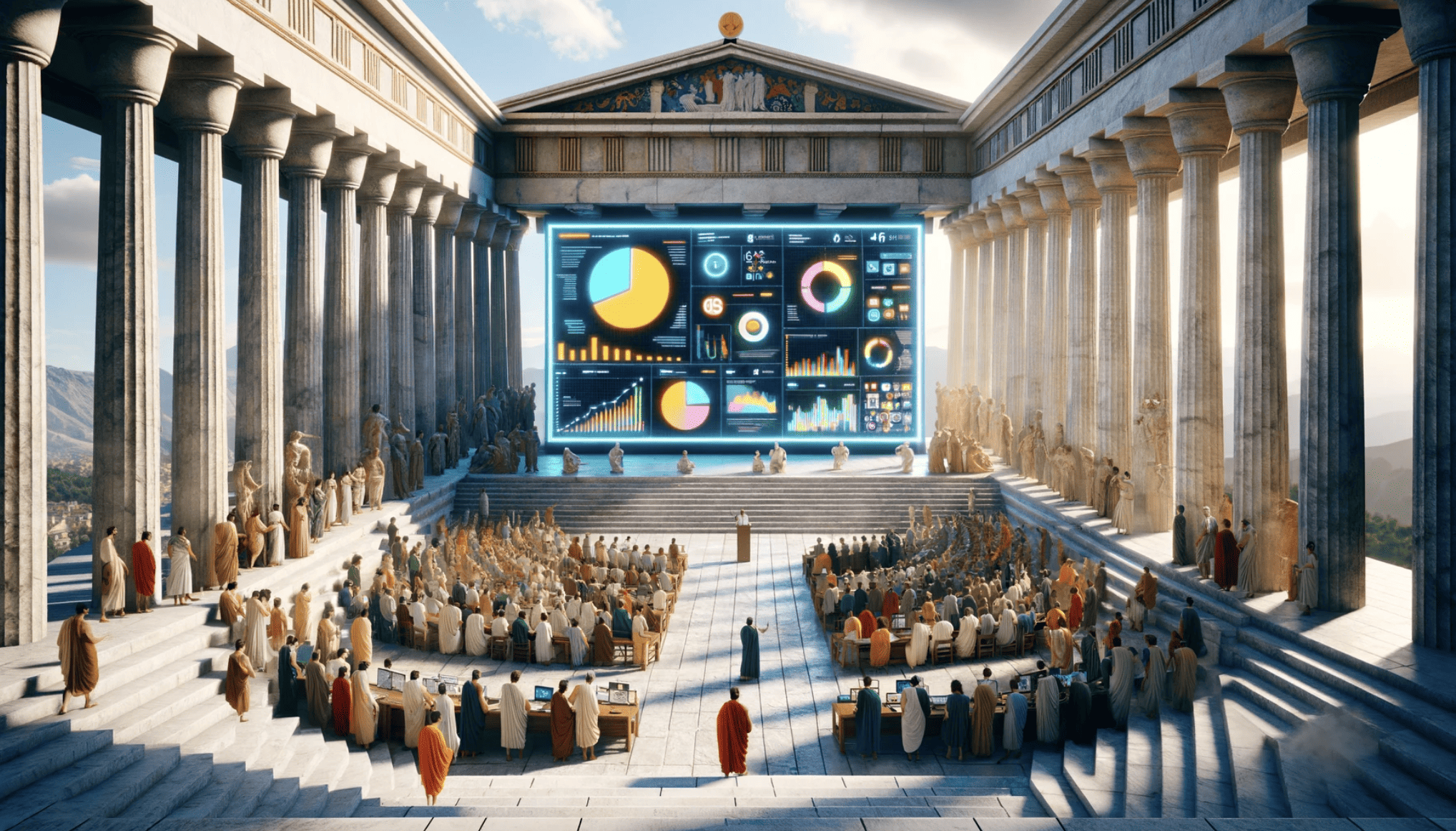
In the second city consultation in Eindhoven, using AI as a facilitator of conversations and voting once again proved to be an effective tool. The consultation, focused on the theme of “growing with the city’s developments,” captured a diversity of participants’ opinions and concerns due to its design. Despite some challenges, including participants who struggled to participate or dropped out early actively, the consensus on the potential of AI and direct democracy was compelling. Hard conclusions cannot be drawn due to the size of the discussion, organizers stress.

“As an AI, I strive to be as factual as possible while maintaining a warm and personal tone,” stated ‘Vox,’ the GPT4.o-based AI aid deployed by Eindhoven CityLab. “Although this report is based on the discussions of the second city consultation, it should be noted that the statements were prepared in a workshop with a limited number of people before the consultation. Therefore, it is important to consider this report as an indication of participants’ opinions and concerns, but not as a fully representative representation of the entire community.”
“This is where direct democracy is invented”
AI facilitator Vox played a crucial role in structuring and analyzing the votes on various propositions, ranging from greening the city to integrating new residents. Participants almost unanimously agreed that more green spaces and public amenities would improve the city’s livability. The consensus on this statement underscores the importance of residents’ place in a green and livable city.
The potential of the tool
Another striking conclusion from the consultation was the positive attitude toward using AI in urban planning and civic participation. Although there was some reluctance, the potential of AI as a tool for broader engagement and efficient communication was widely recognized. The statement “Conversations facilitated by AI is a great idea!” received broad agreement, suggesting that AI may play a larger role in future city decision-making.

In addition, most participants welcomed initiatives to improve the integration of new residents. These included proposals for improved diploma recognition and promoting employment opportunities for newcomers. This indicates a growing awareness of the diverse needs of a rapidly growing urban population.
Heated discussions
However, the consultations also had challenges. Some participants struggled to actively participate in the digital sessions, leading to a sense of exclusion among some. Others chose to drop out of the consultations earlier, highlighting the complexity of digital participation. These issues, according to Vox, point to the need for further refinement of digital consultation tools to ensure inclusivity.
Still, a sense of optimism and innovation prevailed. The use of AI was seen as a step forward in facilitating open and honest communication, avoiding bias as much as possible. This aspect of AI as a neutral facilitator was appreciated by many participants.
Key themes and recommendations
- Greening the City: Creating more green spaces and water features will increase Eindhoven’s livability and climate resilience.
- Social Amenities: Improving and expanding social amenities to meet the needs of the growing population.
- Integration of New Residents: Active collaboration between government and other parties to promote the integration of new residents, focusing on diploma recognition and employment opportunities.
- Use of AI in City Planning: Embracing AI to improve city planning and citizen participation, using AI to facilitate honest and purposeful communication.
- Cultural Development: Encouraging local entrepreneurs to create authentic and unconventional places, preserving the original atmosphere and creativity of areas like Strijp-S.

